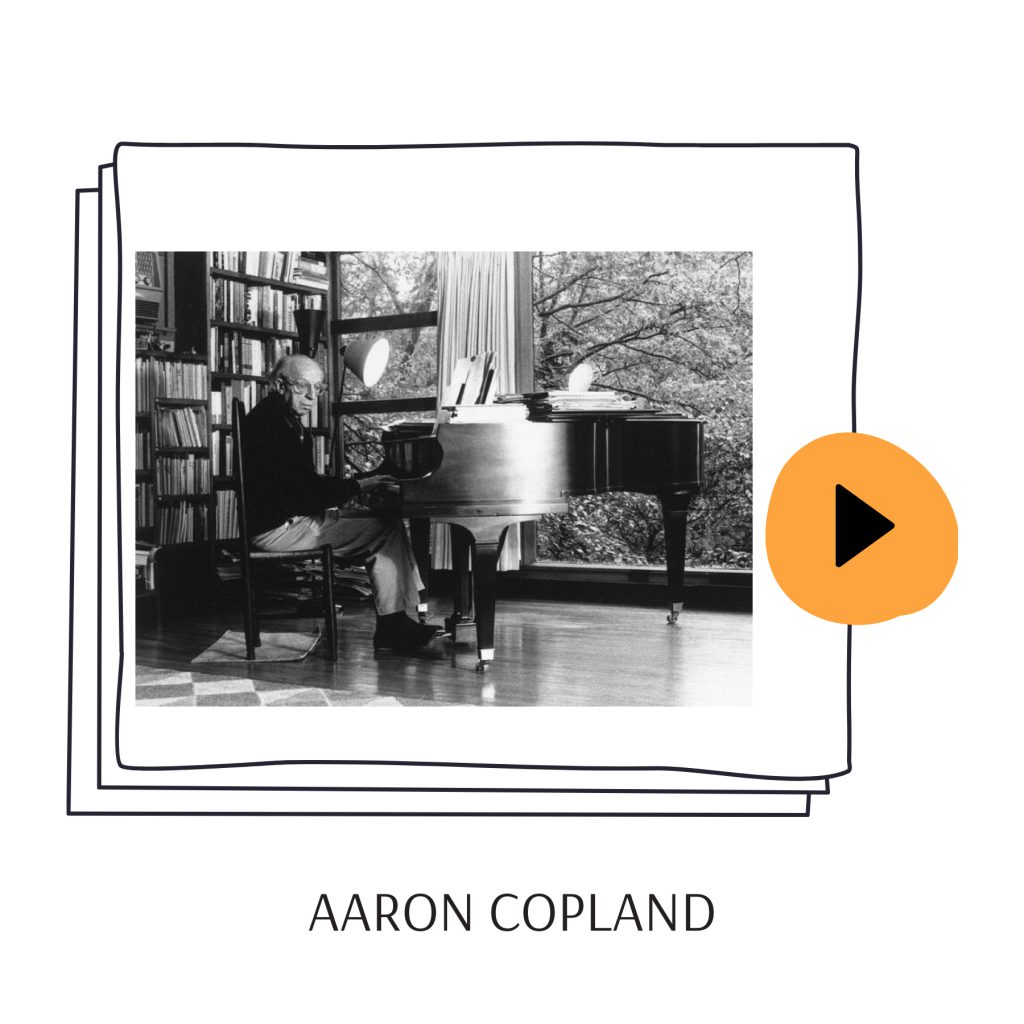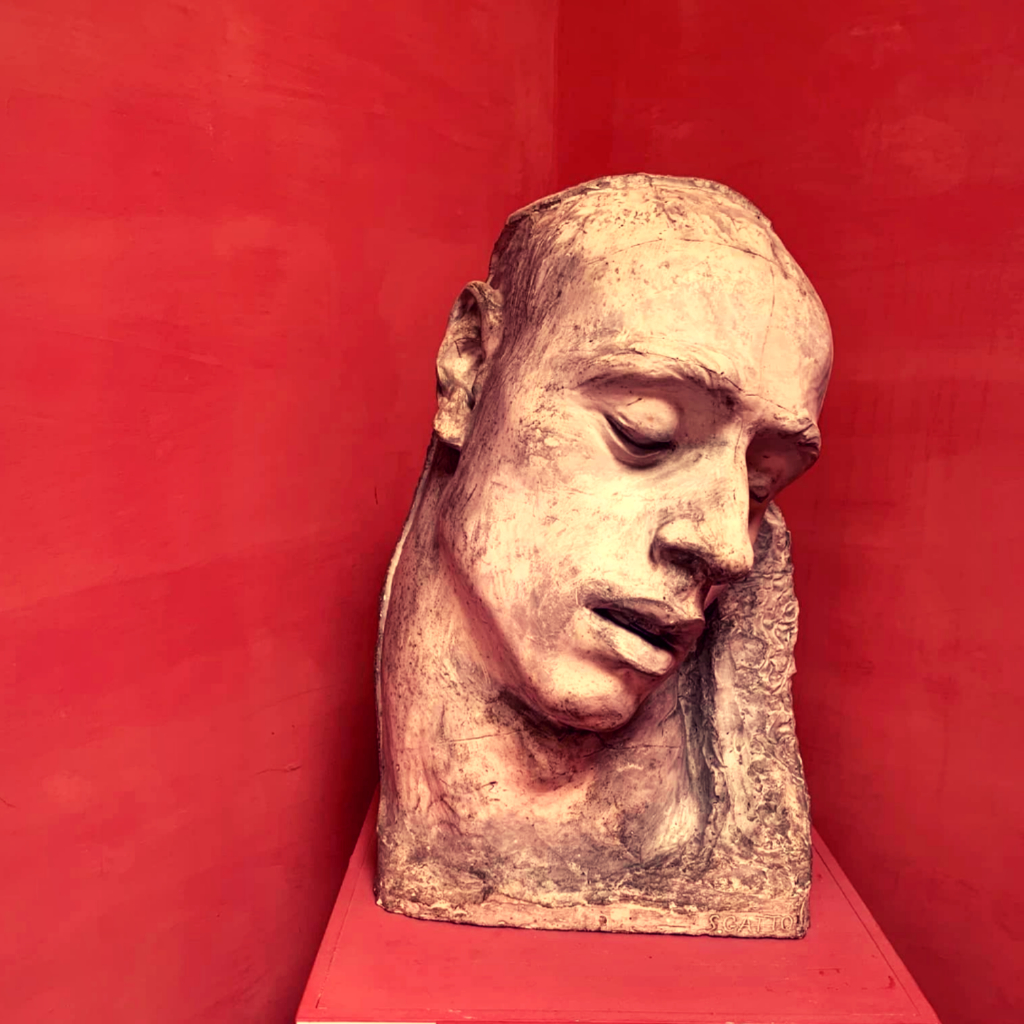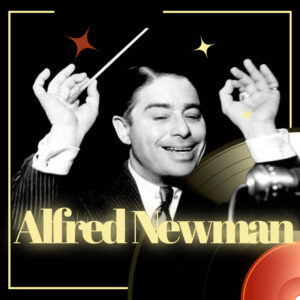
In 1939 Aaron Copland wrote incidental music for the Irwin Shaw play Quiet City. Commissioned for the Group Theater by Harold Clurman and directed by Elia Kazan, the play closed after only two try-out performances. Copland later used some of the music for a one-movement composition, changing the original instrumentation from trumpet, clarinet, saxophone and piano to trumpet, English horn and string orchestra.
The piece was premiered on January 28, 1941 by conductor David Saidenberg and his Saidenberg Little Symphony at Town Hall. According to Copland, the piece was originally “an attempt to mirror the troubled main character of Shaw’s play”, and that “Quiet City seems to have become a musical entity, superseding the original reasons for its composition”. Copland’s biographer Vivian Perlis has said that it “reflects the introspective Copland, who liked to compose during the late night hours and enjoyed the idea of quiet streets before a city awakens for a new day”.
Orpheus Chamber Orchestra, Raymond Mase, Stephen Taylor



